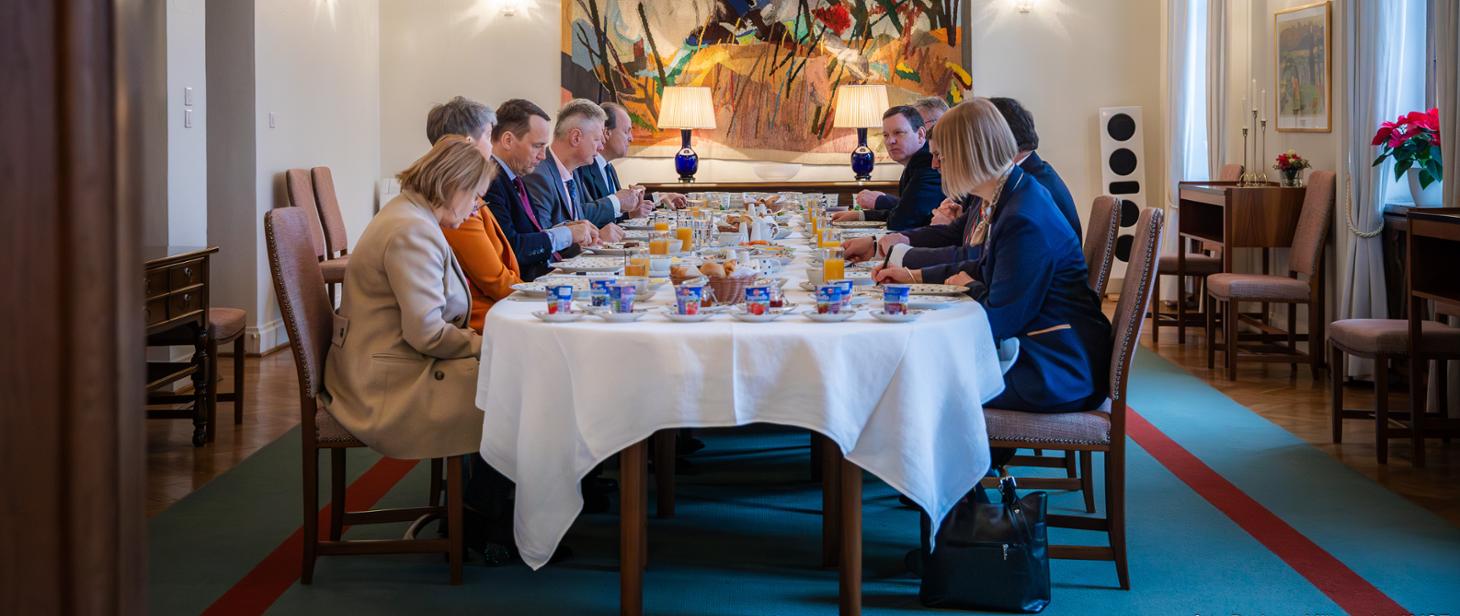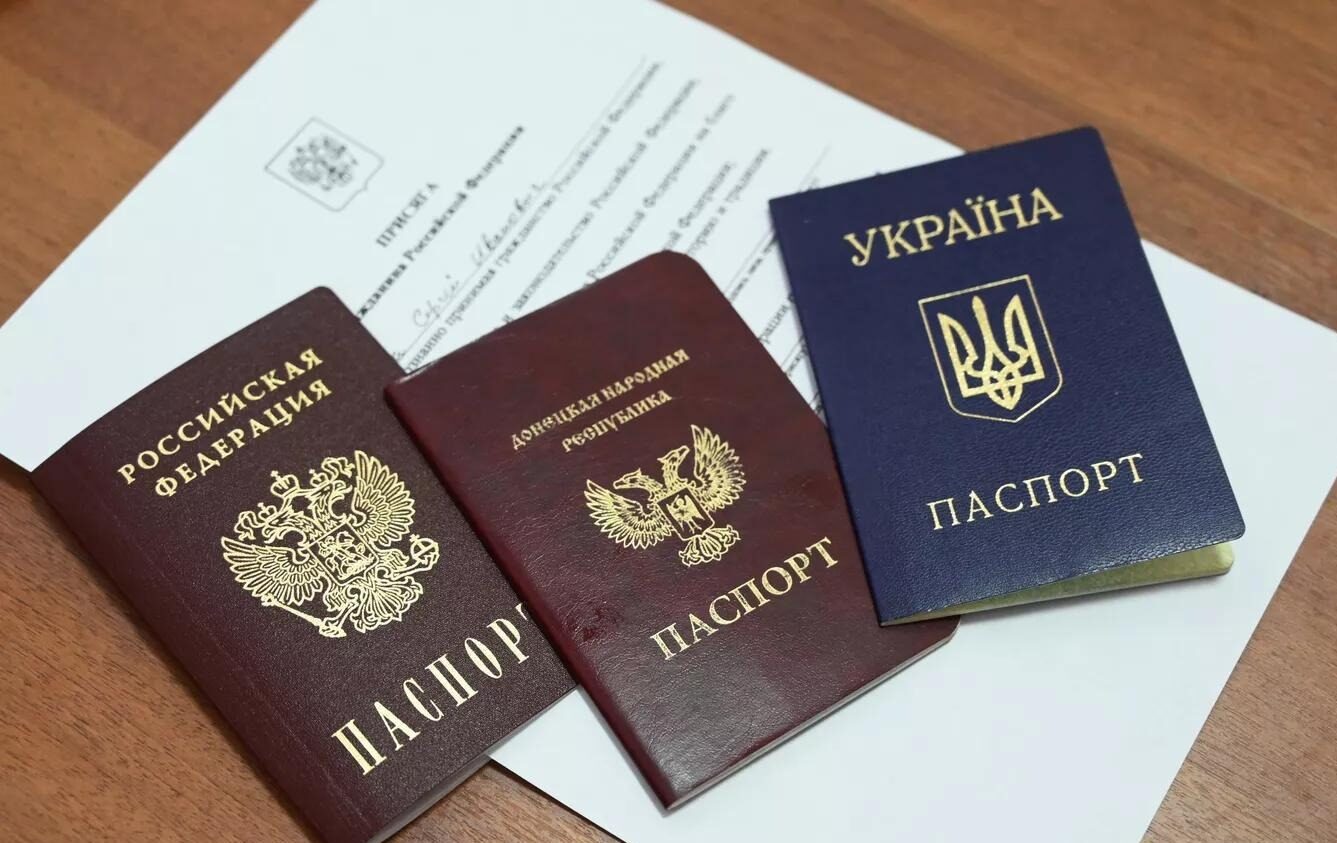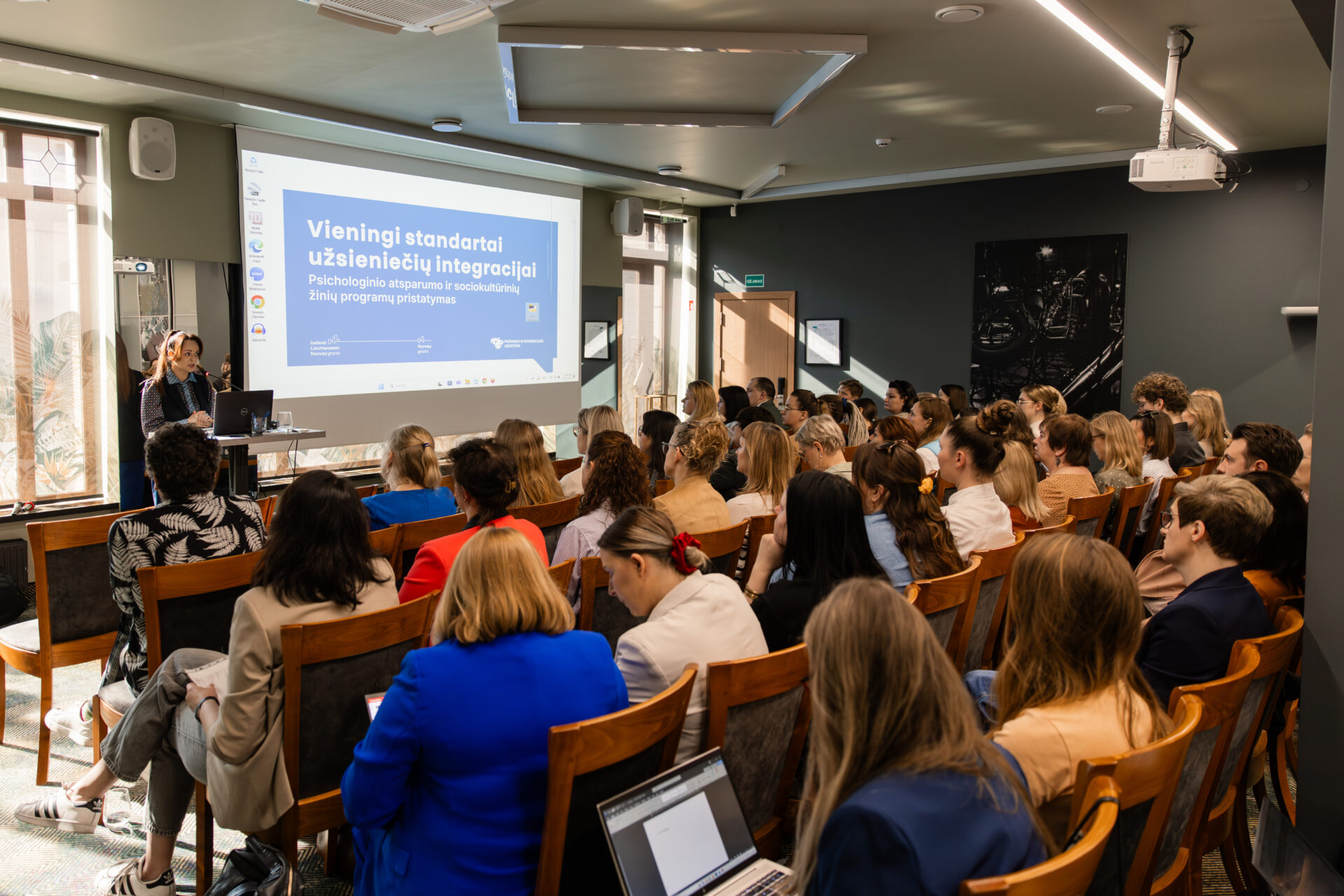
Recent Developments in Belarus Offer Potential Opportunity to West
Recent Developments in Belarus Offer Potential Opportunity to West
Executive Summary:
- As part of Belarus’s Independence Day festivities, President Alyaksandr Lukashenka presented an amnesty plan to release thousands of convicts and political prisoners. He also introduced a series of personnel changes that may provide an opening for future rapprochement with the West.
- Two main schools of thought dominate Western discussions on Belarus policy. Some observers argue that Minsk has little agency due to its dependence on Moscow, while others point to the West’s ostracism in driving Belarus deeper into Russia’s orbit and further compromising its agency.
- Western governments may now have an opening to debate their Belarus policies in determining the proper course with official Minsk to achieve the goals of releasing more political prisoners and facilitating a Belarus that is less dependent on Russia.
Belarus celebrates its Independence Day on July 3, marking the day when Minsk was liberated from the Nazi invaders in 1944. In conjunction with the 80th anniversary of that event, President Alyaksandr Lukashenka declared an upcoming amnesty for convicted individuals. The two chambers of the Belarusian parliament endorsed the planned amnesty on May 20 and June 30 (Sputnik.by, July 3). Less than a week before the publication of the amnesty plan on July 3, the Belarusian leader replaced his foreign minister and made several other personnel changes. Both the amnesty and these changes have political implications that could signal to the West that a debate on wider Belarus policy may prove timely.
The amnesty affects 7,850 convicts, with 2,090 set to be released. Additionally, the suspended sentences of 800 people will be forgiven, and the administrative arrests of 40 individuals will be canceled. Parole-like sentences will replace the prison sentences of 260 people, while 4,550 convicts will have their terms reduced by one year. Those eligible for amnesty include minors, pregnant women, women, and single men with children under the age of 18, and people suffering from terminal illnesses (Pravo.by , May 30). On July 4, the Belarusian service of Radio Free Europe/Radio Liberty reported the release of four political prisoners, including Ryhor Kastusev, leader of the now-disbanded Belarusian Popular Front. Kastusev was sentenced to 10 years in September 2022 for allegedly plotting to subvert Lukashenka. He was eligible for release because he was diagnosed with cancer while serving his sentence (DW, July 29, 2022; Svaboda, July 3).
Beyond the release of political prisoners, four of the personnel changes Lukashenka made on June 27 are particularly notable. First, Maxim Ryzhenkov became the new minister of foreign affairs, replacing Sergei Aleinik, who had succeeded the late Vladimir Makei and held the position for less than two years. Unlike his predecessors, Aleinik’s tenure was short, and it is unclear what led to his ousting. Some commentators suggest he was too meek, which may not have suited Lukashenka (T.me/pulslenina, June 27). In contrast, Ryzhenkov, who worked as a diplomat from 1994 to 2006, has a tough demeanor. While Lukashenka did not directly criticize Aleinik, he appointed Ryzhenkov to “shake up the ministry and get it working” (Belta, June 27). Second, Dmitry Krutoi, the Belarusian ambassador to Russia, became the head of the Presidential Administration, a position equivalent to the US president’s chief of staff. Third, Natalia Petkevich resumed her role as deputy chief of the presidential administration, a position she held from 2004 to 2010, replacing Ryzhenkov. Despite being under US travel sanctions, Petkevich has resided in New York City since 2018 as the wife of Valentin Rybakov, Belarus’s representative to the United Nations (Nasha Niva, June 28). Fourth, Marat Markov, head of the state-owned television channel ONT and a talk show host, became minister of information.
Artyom Shraibman, a non-resident scholar at the Carnegie Endowment for International Peace, believes Markov’s appointment reflects an attempt to refine propaganda for more effective influence on the masses rather than relying on a stream of emotions that only reaches ardent supporters of Russian revanchism (Carnegie Politika, July 3). Shraibman notes a pattern in Lukashenka’s appointments: promoting a young and industrious bureaucrat (e.g., Krutoi) while appointing a seasoned and tested person (e.g., Petkevich) to oversee them. The appointment of Ryzhenkov may also fit this pattern, as Aleinik, the former minister, will now act as his informal supervisor in the Council of the Republic, the upper chamber of parliament. “Krutoi is a bureaucratic prodigy in terms of mobility up the nomenklatura ladder,” writes Shraibman. At 37 years old, he became Belarus’s youngest minister of economy in 2018 and was later promoted to deputy prime minister, responsible for negotiations on integration with Russia. In 2020, Krutoi became deputy head of the Presidential Administration and, two years later, ambassador to Moscow with the powers of deputy prime minister. “After 2020,” writes Shraibman, “many Belarusian officials have gone from young reformers to reactionary statists.”
These remarks echo Shraibman’s earlier evaluation of the late Makei, who was initially seen as a liberal hope for political change but later proved to prioritize strengthening the system over rapprochement with the West (see EDM, February 13, 2013, February 6, 2020, April 25, 2022; Carnegie Politika, November 29, 2022). It is entirely plausible that neither Makei nor Krutoi underwent an ideological transformation—they served “the system” from start to finish. In a society deeply divided between pro-Western reformers and entrenched Russian-leaning traditionalists, meaningful change is unlikely to occur outside the political infrastructure representing the latter, as the Russia-leaning segment accounts for 30–35 percent of the population at the very least, and possibly much more (“Split Identity and a Tug-of-War for Belarus’s Memory,” December 20, 2019). Makei’s July 2020 warning to the West to avoid overplaying its hand in Belarus lest the situation worsens comes to mind (see EDM, July 1, 2020).
Today, two main schools of thought dominate the discussion on Belarus policy. On the one hand, some observers argue that Minsk lacks agency due to its excessive dependency on Moscow and should be subject to sectoral sanctions as severe as those imposed on Russia. Among other things, it is believed that “increasing pressure on Lukashenko is necessary to force him to release political prisoners, stop repression, and start a dialogue with the people” (Zerkalo, June 25). On the other hand, the second school of thought argues that Minsk’s agency has been significantly constrained by the West’s ostracism, suggesting that economic sanctions contribute to Belarus’s dependency on Russia and that ordinary Belarusians suffer from these restrictions incomparably more than the regime (RussiaPost, August 30, 2023).
The first view is most consistently advocated by the Transitional Cabinet headed by Svetlana Tikhanovskaya and is supported by the European Union. The most recent set of EU sanctions was implemented in late June to prevent the circumvention of existing sanctions against Russia (European Commission, June 29). The second view is supported by former Belarusian diplomat Pavel Matsukevich (Gazetaby, February 14, 2023); Zianon Pazniak, founder of the Belarusian Popular Front (Express.by, January 5, 2023); and Belarusian historian Sergey Bogdan (Minsk Dialogue, July 11, 2023). In the current circumstances, an open, policy-oriented debate between these two perspectives would be beneficial in determining the proper course for Western policies toward official Minsk to achieve the goals of releasing more political prisoners and facilitating a Belarus that is more independent from Russia.


